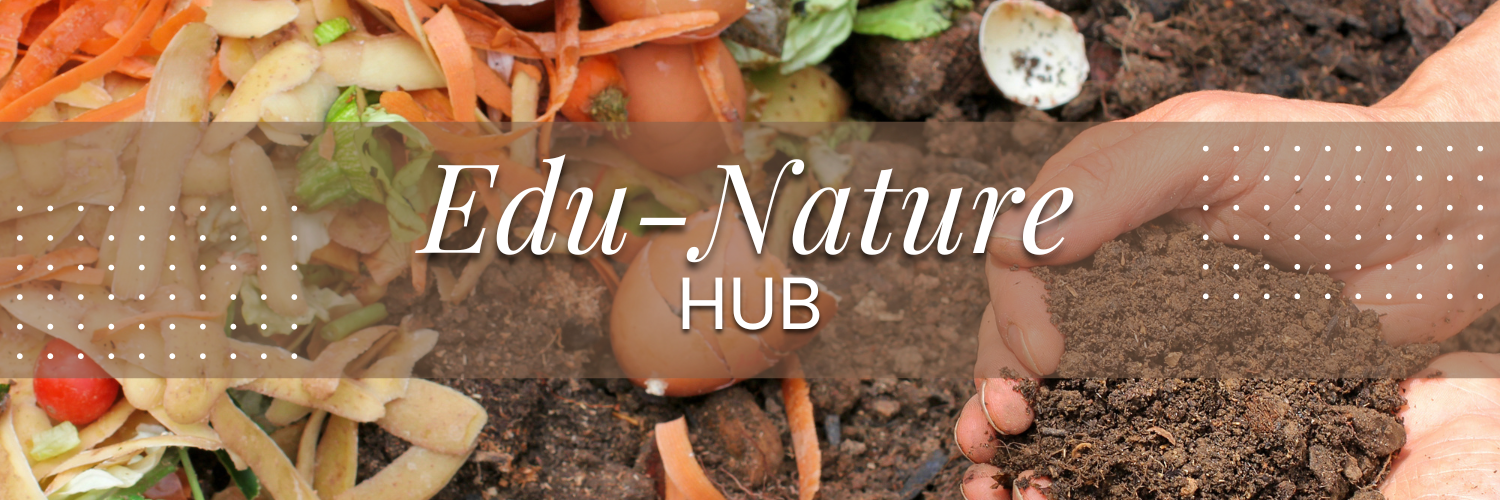
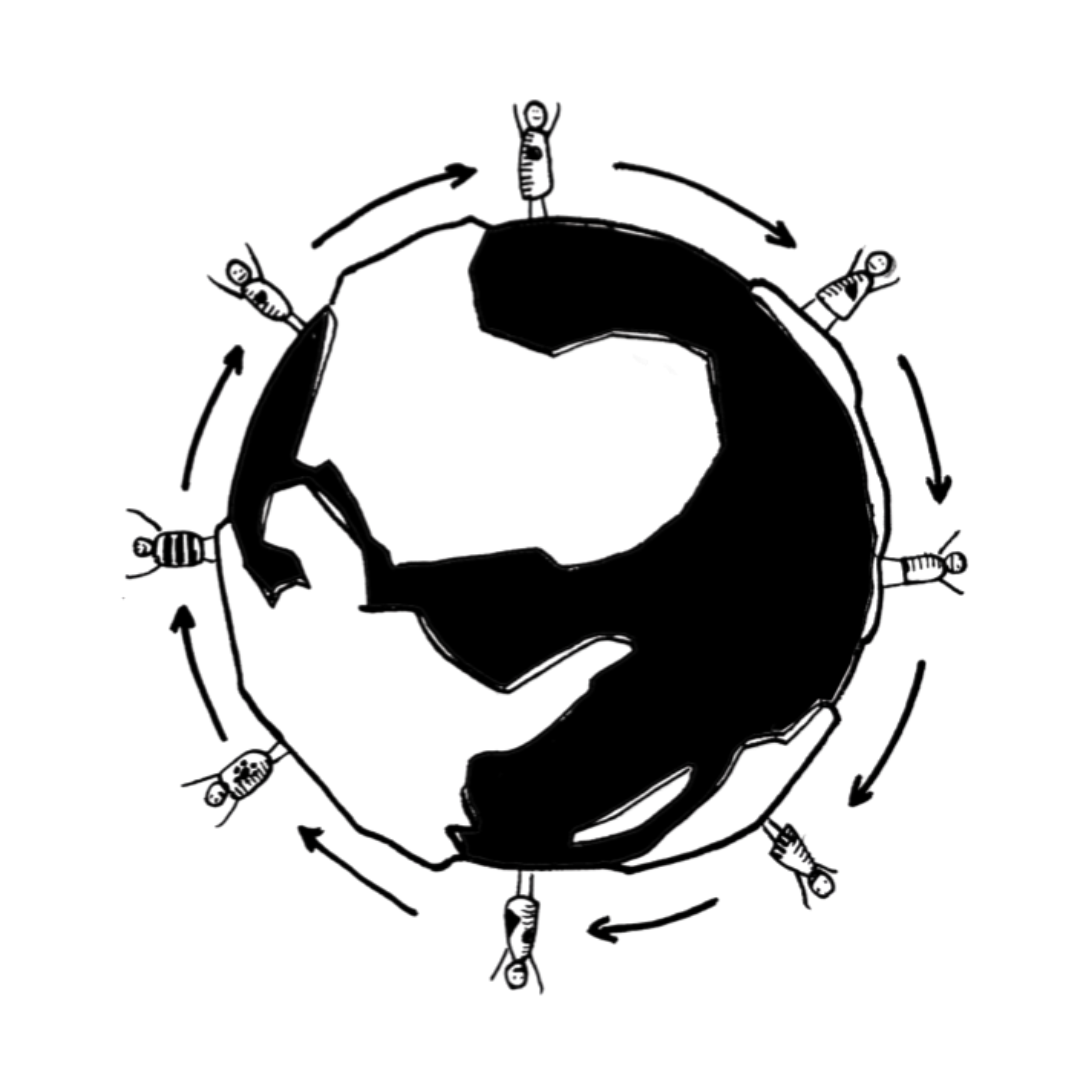
Our
Mission
To develop and nurture spaces that serve as creative and educational waste-to-resource processing centres. These hubs are the ‘central nervous system’ of The Cyclical Collective Model. These spaces function as a community platform for environmental education, entrepreneurial development and food security.
Environmental Education
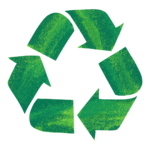
We create interactive demo/experimental sites for systems, tools and processes to live a more regenerative, sustainable and circular lifestyle in a mutually beneficial relationship with our planet.

We help set up and maintain After School Programmes (ASPs) for learners in local communities to learn, experience, and be inspired by mother nature and her reflections within all of us.

We offer workshops facilitated by champions in their field.
ENTREPRENEURIAL DEVELOPMENT
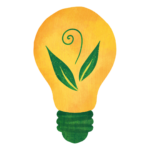
We offer the Edunature Hub as a space to be inspired by the potential of the circular economy, and help to guide and develop business plans and opportunities for the community using sustainable and systemic circularity thinking.
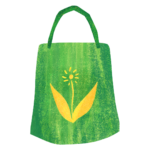
Essentially, we hope to gently nudge a shift in the socio-economic status-quo towards a local and thriving circular economy.
FOOD SECURITY
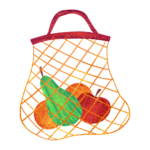
The Edunature Hubs are ideally positioned in close proximity to, or in partnership with a community kitchen/cafe.
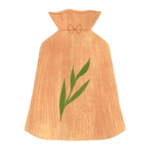
The soil in which our food gardens live is amended using compost made with the community’s kitchen scraps.
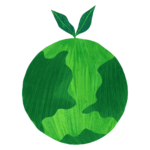
In turn, the food produced subsidises the kitchen which provides nourishment for the community.
WHY IS THIS SO IMPORTANT?
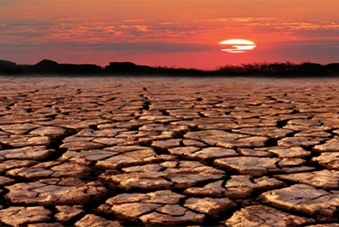
FAMINE

Mental HealtH

POLLUTION

OVERPOPULATION
With all these global issues at play, having spaces that provide inspiration to create solutions through PARTNERING WITH NATURE has a profound ripple effect on how we perceive ourselves in the world.
Edu-nature hubs are spaces where our waste is given value; where the implicit becomes explicit. Through the exploration of the value that lies therein, we invite our community to gently start relinquishing the concept of waste all together, with an understanding that life is cyclical in nature.
PILOT PROJECT
Mapondo Edu-nature hub at The Crags Primary School
Here at our First Edu Nature Hub we have created a composting facility, wormfarm, compost toilets, food garden, nursery, indigenous botanical garden, cleaning station and more to support our process and have a well designed space for the community to get involved!
Entrepreneurial development classroom. We have also constructed an organics processing facility at the first TCC Edu-Nature Hub. We do weekly collections to all our members, exchanging kitchen scraps for the compost they helped to create.
In nature, THERE IS NO WASTE. Using waste-to-resource principals, we start to let go of the concept of waste. The cleaning process is so critical to closing the gap between throwing something away and adding value to it. We teach this, and more through our composting and creative upcycling workshops.
Every site is contextual, and requires a unique design element based on the needs of the community. The Mapondo edu-nature hub is a work in progress. Because it is attached to a primary school, the education element through after school programmes (ASPs) is our priority, as well as the food gardens to subsidise the school kitchen.
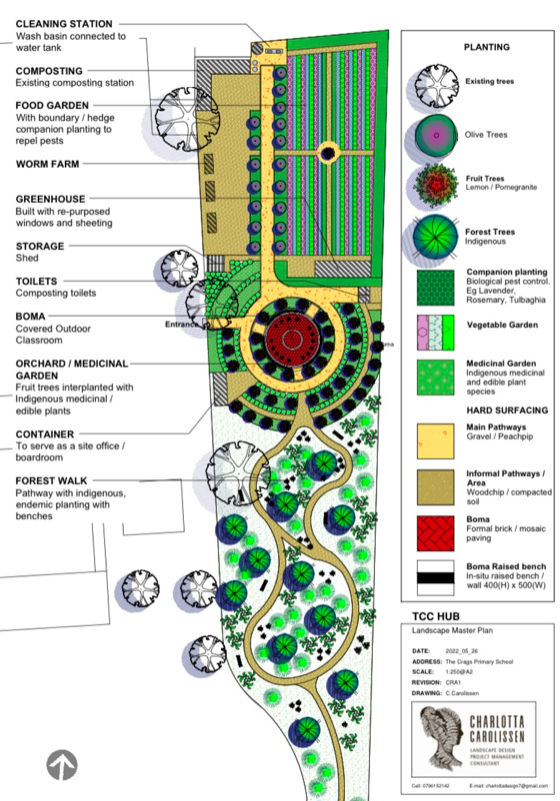
THE CYCLICAL COLLECTIVE
PROJECTS
Through our various projectse aim to create a platform for food security, environmental education and entrepreneurial development. We do this through after school programmes (ASP) and public workshops.
